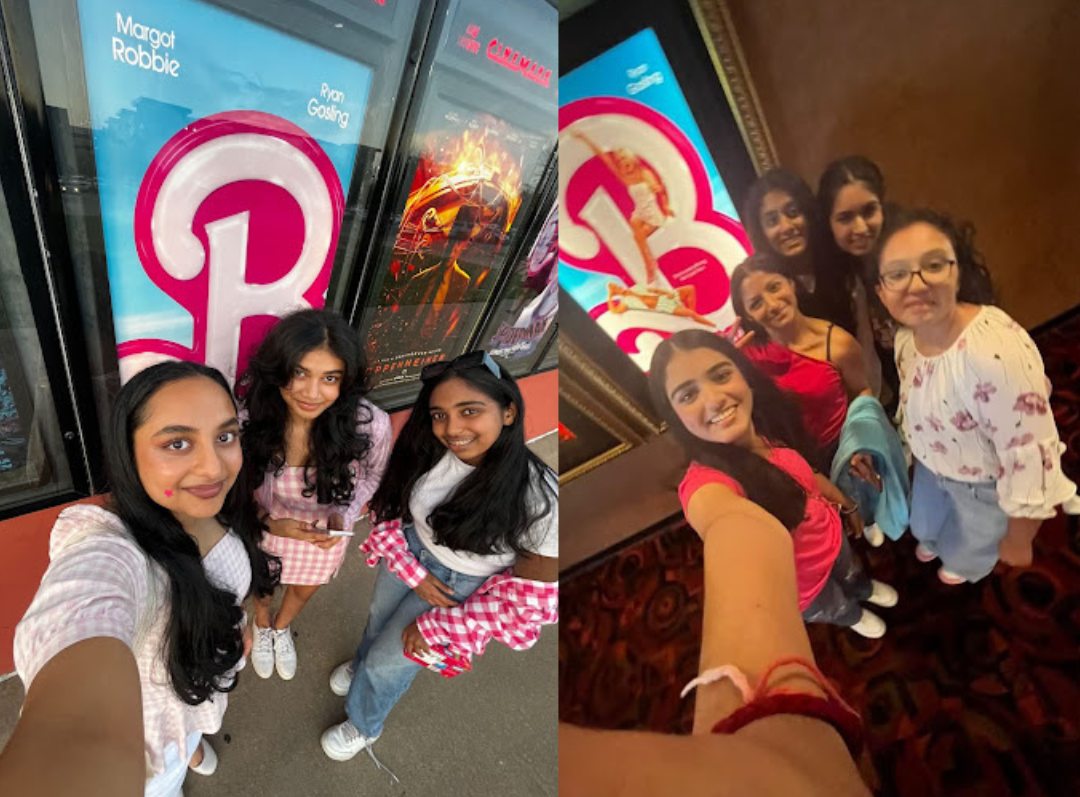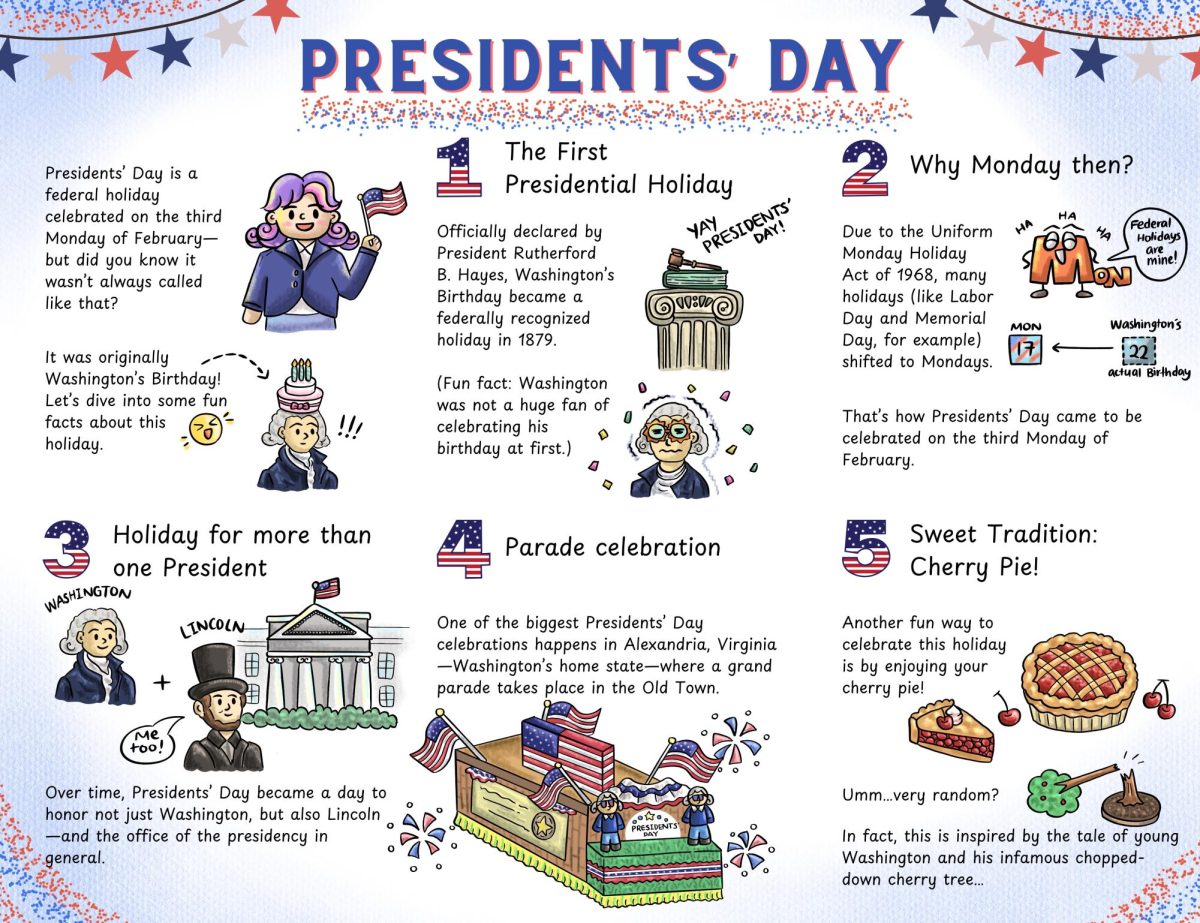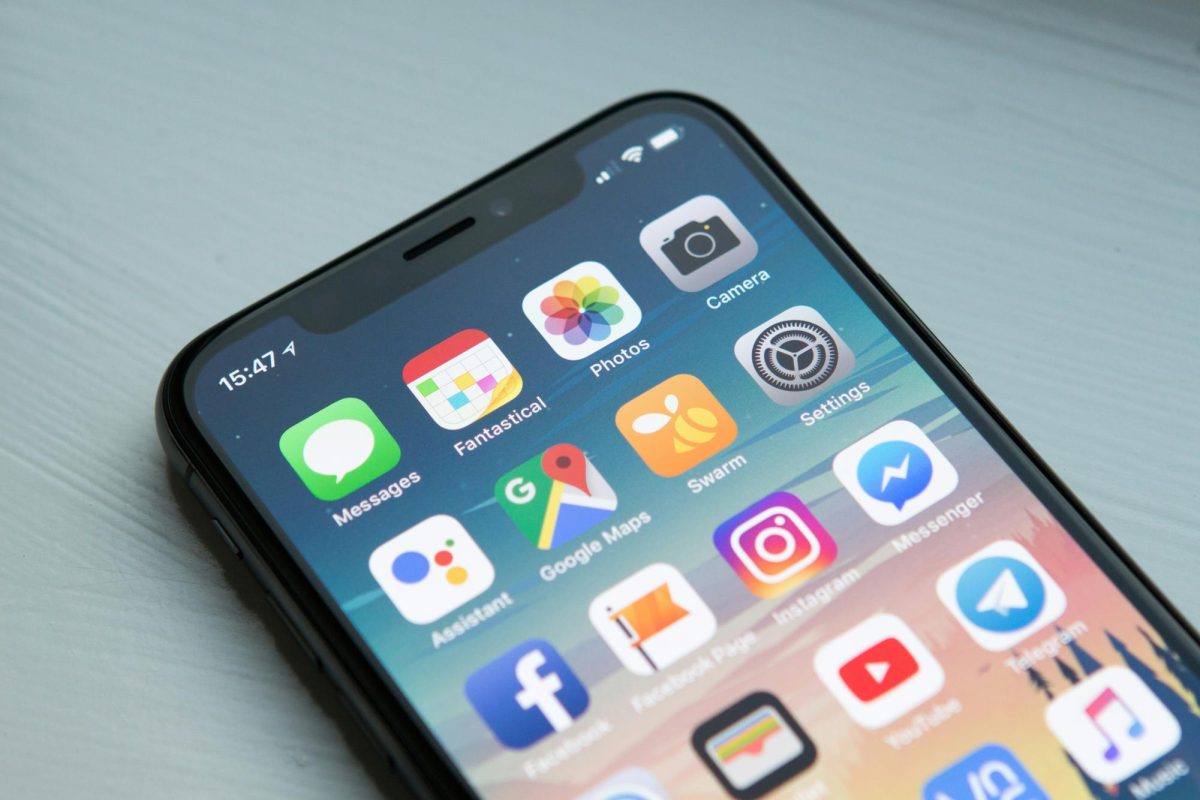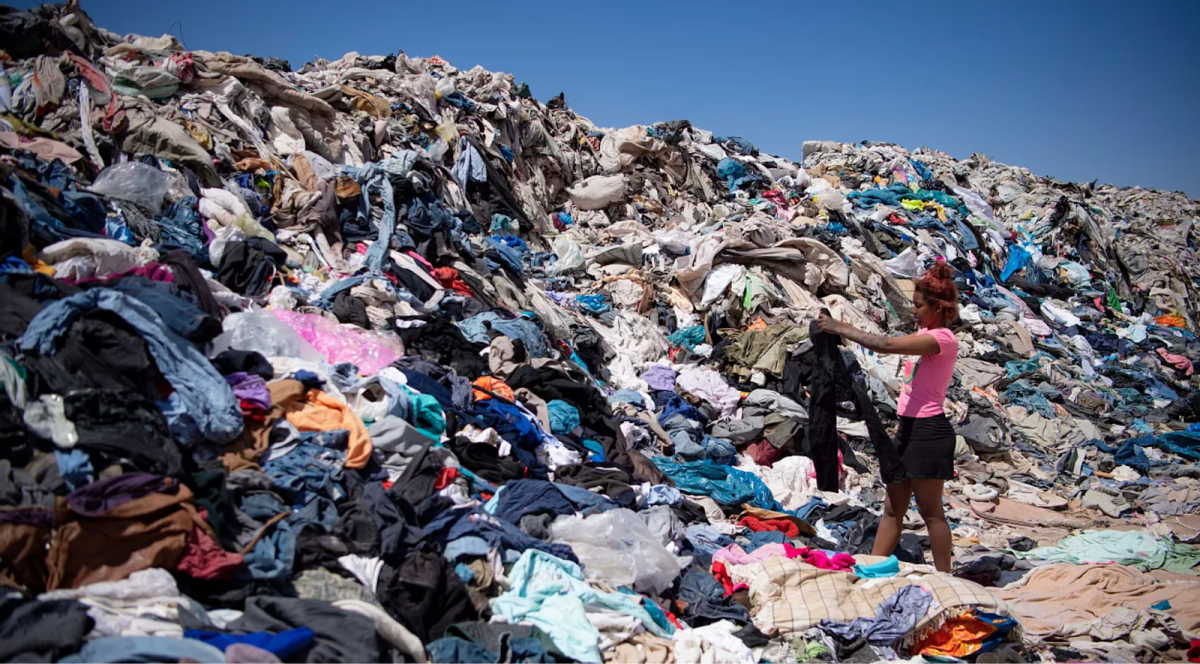The Barbie movie, starring Margot Robbie and Ryan Gosling, has been breaking records at the global box office, with more than $1 billion earned in box office sales. This exhibits a remarkable milestone for the Greta Gerwig directed film, as it’s the first female-directed film to exceed $1 billion.
The plot hinges on Barbie as she faces an existential crisis, prompting her to travel to the human world in the hopes of discovering her true purpose and her self-worth. Her male counterpart, Ken, journeys along with her because his own existence pivots on Barbie acknowledging him.
One of the focal themes depicted in Barbie was feminism and female empowerment. The film looks upon patriarchal thinking and places an emphasis on Barbie as a source of empowerment for girls, often considering their career ambitions–Astronaut Barbie, President Barbie, Diplomat Barbie, and Physicist Barbie, for example. Despite this, the overarching message was met by disapproval by some of the audience and critics.
“The Barbie movie did a really good job of portraying a world that shows feminism in a different light,” Vaanadhi Sathiyamoorthy, junior, said. “Some people have the perception that feminism is women are better than men, but it illustrates feminism on a deeper level.”
Although there are many versions of Barbie, the film was centered on stereotypical Barbie who superficially appears as a character that conforms to Eurocentric beauty standards. For decades, stereotypical Barbie has cemented constraints on other women’s self image
“When I was little and I played with Barbies, I thought of stereotypical Barbie as someone who I should dislike,” Parnia Avala, junior, said. “Stereotypical Barbie isn’t the best Barbie, but the movie represents her being a woman in society and being able to be whatever she wants to be.”
As Barbie premiered in theaters worldwide, it took social media by storm.
Fans of Barbie poured in their candid but emotional reactions and reviews on several social media platforms.
“There was a lot of marketing for this movie for sure,” Sathiyamoorthy said. “Across Tiktok and Instagram, people were giving their thoughts, what they disliked/liked, and their honest comments. Therefore, I had a good idea of what the movie will consist of and I was able to set expectations.”
Although social media platforms have supplied useful evaluations of the film, some have critiqued the rave as excessive and underachieving.
“On Tiktok, it was really hyped, but when I watched it was not that great,” Navya Jain, junior, said. “It was still fun to watch; it just didn’t live up to my expectations while seeing people’s reactions towards it. The storyline got pretty predictable and a little boring.”
Aside from Ken’s hilarious musical number, “Just Ken,” one of the major takeaways in Barbie was Ken’s inner turmoil that led him to adopt a version of toxic masculinity. In the end, Ken overcomes his insecurities and learns to become his own person.
“Even though Ken was partially a villain in the movie, the writers did a really good job at the end of the movie closing it out with how he felt,” Avala said. “We got to see an emotional side to him which we weren’t able to see in any other Barbie films or T.V. shows.”
The film was full of humorous and amusing scenes, which had fans laughing in their seats.
“One of the funniest scenes was when they had the ad for Depression Barbie when the Barbieland was taken over by Kens,” Samhitha Yeerelly, junior, said. “It was interesting to show the contrast between what we generally know Barbie as and her depression side.”
Whether Barbie’s main message of female empowerment and feminism caught your eye or not, it is undeniable that Barbie taught audiences important life lessons that we can all implement in our daily lives.
“I thought it was gonna be more of a comedy, but when I look back on it, I feel like there are a lot of layers to it that you don’t really take away at the moment,” Yeerelly said. “Aside from feminism and girl power, it highlights resilience and self-discovery that can resonate to everyone.”














